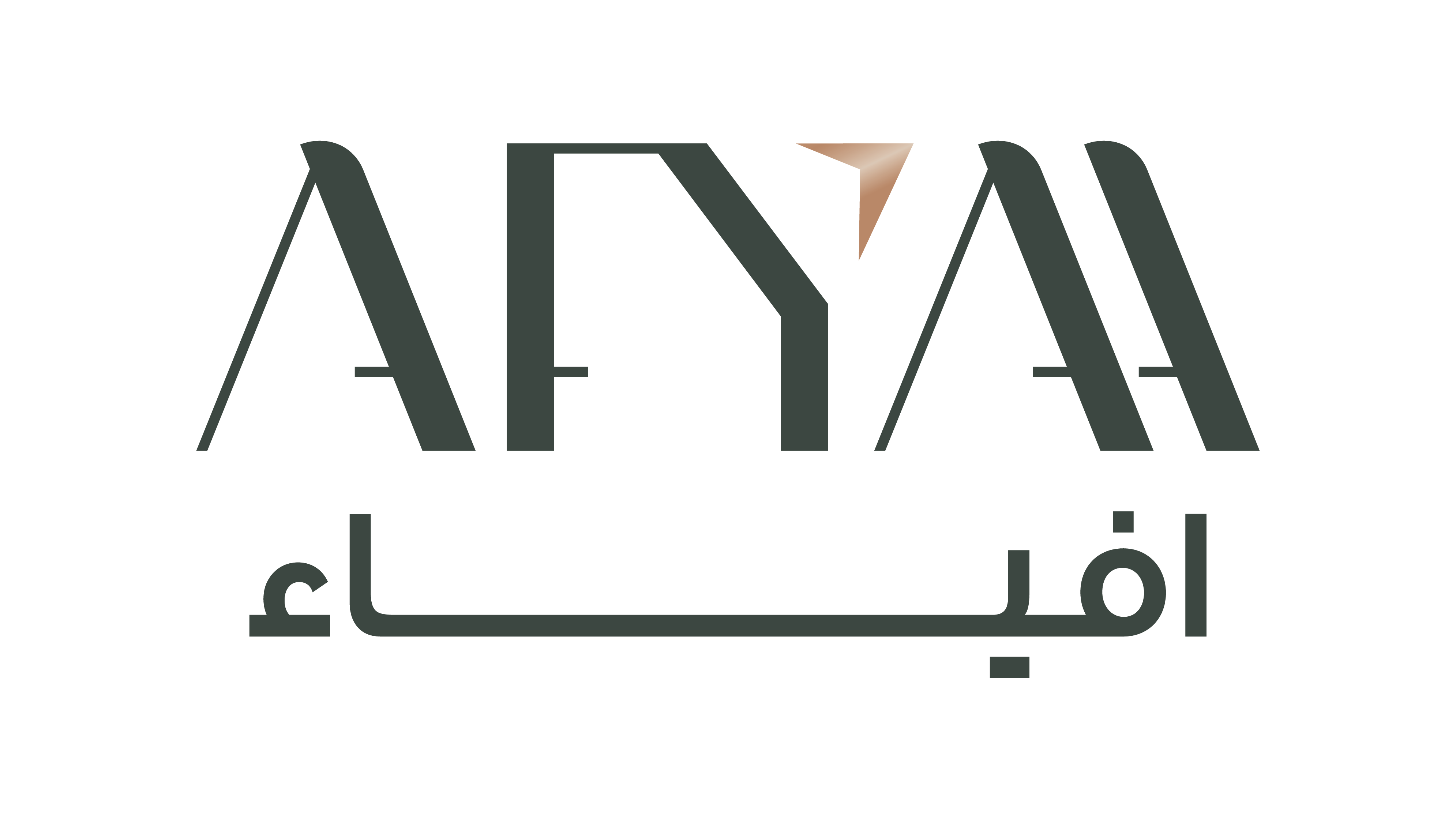WHTSARABIA2.0
WONDERS OF HABITAT, TOWNSHIPS AND SKYSCRAPERS
GCC's Hospitality & Urban Evolution: Building Destinations of the Future
DAYS TO GO

Travel & Tourism

Hospitality & Hotels

Residential Living

Real Estate & Commercial

Smart Cities & Urban Innovation

Skyscrapers & High-Rise Structures

Public Sector & Government Projects

Healthcare Facilities

Sports Facilities & Stadiums

Entertainment & Theme Parks

Mixed-use Townships
SERIES SPONSORS








SERIES SPEAKERS
BRANDS ON A MISSION!














WHTSARABIA 2.0
BUILDING SUSTAINABLE URBAN EXPERIENCES
Reimagining Urban Landscape in the Skylines of Tomorrow
WHTSARABIA 2.0 is where innovation meets ambition, bringing to life the future of urban transformation, tourism, and hospitality across the entire GCC region. This premier event goes beyond traditional hospitality, embracing a visionary approach that integrates world-class infrastructure, from iconic skyscrapers and smart cities to futuristic airports, dynamic entertainment hubs, luxury tourism developments, and state-of-the-art sports facilities.
As the GCC continues its rapid transformation, driven by national visions such as Saudi Arabia’s Vision 2030, UAE’s Centennial 2071, Qatar’s National Vision 2030, Kuwait’s Vision 2035, Oman’s National Tourism strategy 2040, Bahrain’s Tourism Strategy 2022 - 2026 and beyond, WHTSARABIA 2025 stands at the forefront, showcasing the groundbreaking projects that are reshaping cities, enhancing connectivity, and fostering sustainable, experience-driven urban ecosystems.
Join us in exploring how hospitality, tourism, and urban development are converging to redefine the future of the GCC region.
EVENT HIGHLIGHTS
Experience a Holistic Urban Vision
From residential and hospitality developments to entertainment hubs, sports facilities, urban airports, and smart cities, WHTSARABIA 2.0 offers a comprehensive perspective on the GCC’s evolving infrastructure landscape. Explore groundbreaking projects and mega-developments across the region, such as NEOM, The Red Sea Project, Qiddiya, Expo City Dubai, Lusail City, and Oman’s Integrated Tourism Complexes, shaping the future of sustainable and interconnected urban growth.
Connect with Industry Leaders and Visionaries
Engage with top executives, government officials, urban planners, real estate developers, investors, architects, designers, consultants, engineers, contractors, and technology pioneers as they share expert insights on creating future-ready, luxurious, and sustainable urban environments.
GCC: Pioneering the Future of Urban Transformation
The GCC region is undergoing a remarkable urban evolution, driven by visionary national strategies such as Saudi Vision 2030, UAE Centennial 2071, Qatar National Vision 2030, Bahrain Economic Vision 2030, Kuwait Vision 2035, and Oman Vision 2040. These ambitious initiatives are shaping the region’s future through state-of-the-art infrastructure, modern residential and commercial projects, and innovative mixed-use developments. From iconic skyscrapers and entertainment districts to world-class sports facilities and smart cities, the GCC is redefining its urban identity on a global scale.
By seamlessly integrating heritage, cutting-edge design, and advanced technology, the region is establishing itself as a global leader in sustainable urban development. These transformative projects not only drive economic growth within the region but also attract international investors, developers, and innovators, positioning the GCC as a thriving hub for interconnected, future-ready urban ecosystems. With a strong emphasis on quality of life, sustainability, and economic diversification, the GCC is crafting vibrant, resilient, and dynamic cities for the future.
Expanding Horizons: The GCC’s Urban and Hospitality Evolution
The GCC’s visionary mega projects, inspired by national transformation agendas such as Saudi Vision 2030, UAE Centennial 2071, Qatar National Vision 2030, Bahrain Economic Vision 2030, Kuwait Vision 2035, and Oman Vision 2040, are set to redefine urban landscapes and strengthen regional economies. These large-scale initiatives extend beyond traditional hospitality, encompassing next-generation airports, integrated residential and commercial hubs, mixed-use townships, skyscrapers, entertainment districts, theme parks, sports venues, and smart urban developments.
As key drivers of economic diversification, these projects create jobs, attract global investment, and accelerate growth across vital sectors such as technology, tourism, and entertainment. By advancing infrastructure and fostering innovation, the GCC is reducing reliance on oil revenues, establishing itself as a global destination for commerce, tourism, and modern urban experiences. The long-term impact of these initiatives will enhance sustainability, economic resilience, and urban prosperity, shaping the future of the region.
WHTSARABIA 2.0: Redefining Urban and Hospitality Landscapes Across the GCC
This year, we spotlight the GCC’s commitment to building integrated urban ecosystems, where hospitality, tourism, and infrastructure converge to drive economic growth, innovation, and enhanced quality of life. Through thought-provoking discussions, immersive exhibits, and high-impact networking, WHTSARABIA 2.0 delves into how hospitality and tourism developments are reshaping urban landscapes, transforming them into sustainable, connected, and future-ready environments across Saudi Arabia, the UAE, Qatar, Bahrain, Kuwait, and Oman.
GCC Start-Up Innovation Hub
Empowering Local Enterprises to Shape the Region’s Urban and Hospitality Transformation
The rapid evolution of urban development and hospitality across the GCC presents vast opportunities for local businesses and SMEs to contribute cutting-edge goods, services, and technological solutions to large-scale infrastructure projects. By fostering entrepreneurship and innovation, WHTSARABIA 2.0 supports the growth of homegrown enterprises, aligning with the region’s vision of sustainable, interconnected, and future-ready urban ecosystems.
EVOLUTIONARY PATHS
WHTSARABIA 2.0: Defining the Future of Urban Landscape, Tourism & Hospitality Transformation Across the GCC
WHTSARABIA 2.0 presents a dynamic three-track summit, dedicated to shaping the urban, tourism, and hospitality evolution across the entire GCC region. This premier platform unites key stakeholders, visionaries, and innovators, facilitating strategic discussions and collaborations that drive sustainable urban expansion, next-generation infrastructure, and cutting-edge visitor experiences.
INVESTORS CONNECT
Audience: Government Officials, Investors, Urban Planners, Real Estate Developers, Property Owners
DESIGN AND BUILD FOR TOMORROW
Audience: Architects, Urban Planners, Engineers, Sustainability Experts
INNOVATION HUB AND LIVING EXPERIENCE
Audience: Government Officials, Real Estate Developers, Facility Managers, Tech Providers, Digital Transformation Leaders, CXOs, and more
The categorization will ensure targeted business appointments & networking sessions.
KEY TAKEAWAYS
16 Hours of Strategic B2B Networking
Engage in focused networking opportunities to connect with key players shaping GCC’s urban development landscape.
Meet, Greet, Collaborate, and Celebrate
Interact with top leaders, innovators, and decision-makers from sectors like infrastructure, real estate, hospitality, mixed-use townships, entertainment hubs to theme parks and urban planning.
Experience Innovative Products and Solutions
Discover cutting-edge solutions and technologies driving the future of urban spaces, from smart infrastructure to sustainable development.
Be a Thought Leader
Network with influential leaders from the Middle East who are driving transformation in urban infrastructure and mixed-use development.
Connect with Elite Leadership
Share insights and engage in discussions that shape the future of urban development and strategic planning.
Master the Ice Breakers
Gain the skills and insights needed to initiate meaningful conversations and build lasting professional relationships.
BY THE NUMBERS
Hours of Strategic B2B Networking
Speakers
Product Demonstration Workshops
Keynote Presentation Slots
Thought Provoking Discussions
World Class Solution Providers
Startup Pitch Deck
A DYNAMIC ENTRY TO EMERGING MARKETS
Import businesses across the GCC play a vital role in accelerating economic diversification, regional integration, and global connectivity. As Gulf nations strengthen their non-oil economies, imports are becoming critical catalysts for innovation, infrastructure growth, and international collaboration
Diversification of Goods and Services
Import businesses help expand the availability of global products and services across the GCC. This not only meets diverse consumer demands but also drives market competitiveness and spurs innovation across sectors.
Strengthening Supply Chains
GCC-based importers are central to building robust supply chains that connect international markets to the region. Their role ensures uninterrupted access to essential goods while enhancing logistics efficiency and regional trade resilience.
Expanding Consumer Access
Through strategic imports, consumers in the GCC enjoy access to international brands and products that may not be locally manufactured. This enriches consumer choice and contributes to improved quality of life.
Boosting Infrastructure Development
The growth of the import sector stimulates investment in logistics corridors, transport networks, and smart warehousing—driving regional infrastructure modernization and positioning the GCC as a global trade hub.
Creating Employment Opportunities
From port operations to customs clearance and distribution, import businesses generate wide-ranging employment across skilled and unskilled segments—fueling job creation and contributing to socio-economic development across the Gulf.
Enhancing Government Revenues
Imports generate significant revenue for GCC governments through duties, tariffs, and service charges. These funds support national budgets and development programs across infrastructure, health, and education.
Driving International Trade Relations
Import activity strengthens the GCC’s position in global trade networks. By fostering cross-border commerce, Gulf countries deepen diplomatic ties, encourage bilateral agreements, and contribute to shared economic growth.
Supporting Local Industries
Importers often facilitate the flow of raw materials, components, and intermediate goods essential to manufacturing and construction sectors in the GCC. This input bolsters local industry productivity and enhances regional value chains.
Advancing Technology and Knowledge Transfer
Importing cutting-edge equipment, tools, and systems enables technology transfer that accelerates industrial modernization, workforce upskilling, and innovation-driven development across the region.
















